Les émotions au coeur de la transformation sociale : une lecture à partir de John Dewey
Article complet du #86 | Émotions et politique
FR : Le philosophe américain John Dewey a élaboré une théorie des émotions spécifique qui permet d’aborder de façon renouvelée la question de la transformation sociale. La théorie de Dewey est précieuse, car elle constitue un outil appréciable d’unification des théories modernes des émotions : foncièrement non dualiste, elle pose que l’émotion est ce qui nous relie à autrui ou à notre environnement. Loin d’être un phénomène purement intérieur, l’émergence d’une émotion dépend de notre humeur, de notre histoire personnelle, du contexte social et culturel dans lequel nous vivons. La théorie propose ainsi une analyse dynamique qui prend en compte l’histoire de la relation. L’émotion a en particulier un pouvoir de transformation sociale qui s’exerce à l’échelle de l’individu, mais aussi sur le plan collectif. Les institutions, les habitudes, les règles de vie ne sont donc pas figées et évoluent elles-mêmes avec les émotions qu’elles génèrent.
Dans cette analyse, l’émotion est ce qui signale et guide le changement d’habitude. Or, il peut arriver aussi qu’une routine ou une habitude émotionnelle nous fige dans une posture qui empêche toute transformation. L’approche de Dewey nous interroge en conséquence sur la façon dont l’articulation entre les habitudes et les émotions individuelles conduit à une transformation sociale durable et pérenne. Cela dépend-il de la « qualité » de l’émotion ? Le pouvoir des émotions est-il celui d’une émotion « ordinaire » ? Ce pouvoir est-il limité ?
Mots-clés : émotion, transaction, transformation, habitudes, John Dewey
EN : The American philosopher John Dewey has developed a specific theory of emotions that provides a renewed approach to the question of social transformation. Dewey’s theory is valuable because it is a useful tool for unifying modern theories of emotions: fundamentally non-dualistic, it asserts that emotion is what connects us to others or to our environment. Far from being a purely internal phenomenon, the emergence of an emotion depends on our mood, our personal history, and the social and cultural context in which we live. The theory thus proposes a dynamic analysis that takes into account the history of the relationship. In particular, the emotion has a power of social transformation which is exercised at the level of the individual but also at the collective level. Institutions, habits, rules of life, are therefore not fixed and evolve themselves with the emotions they generate.
In this analysis, emotion is what signals and guides the change of habit. But it can also happen that a routine or an emotional habit freezes us in a posture that prevents any transformation. Dewey’s approach therefore asks us to consider how the articulation between habits and individual emotions leads to lasting and sustainable social transformation. Does this depend on the « quality » of the emotion? Is the power of emotions the power of an « ordinary » emotion? Is this power limited?
Keywords: emotion, transaction, transformation, habits, John Dewey

